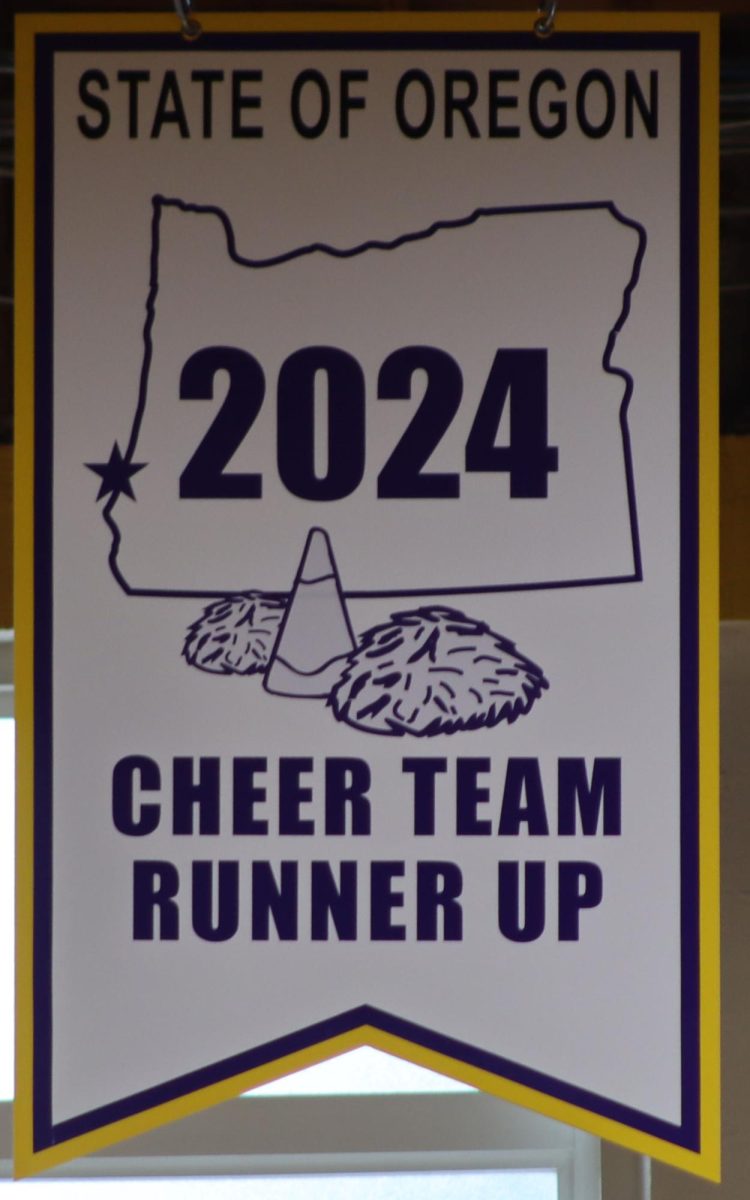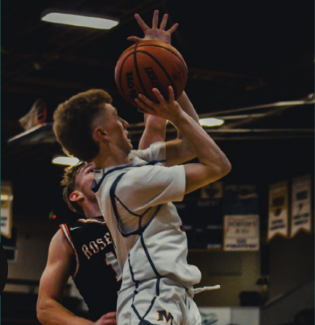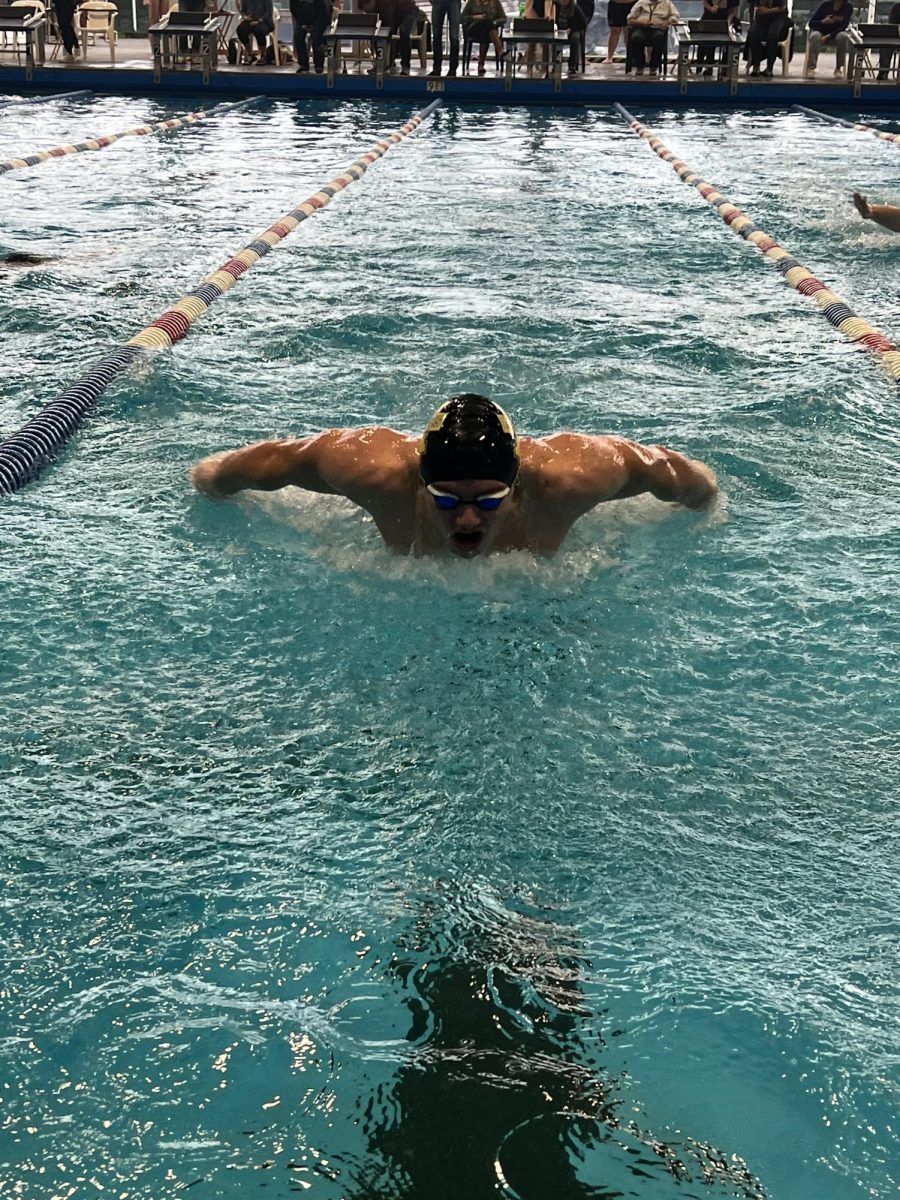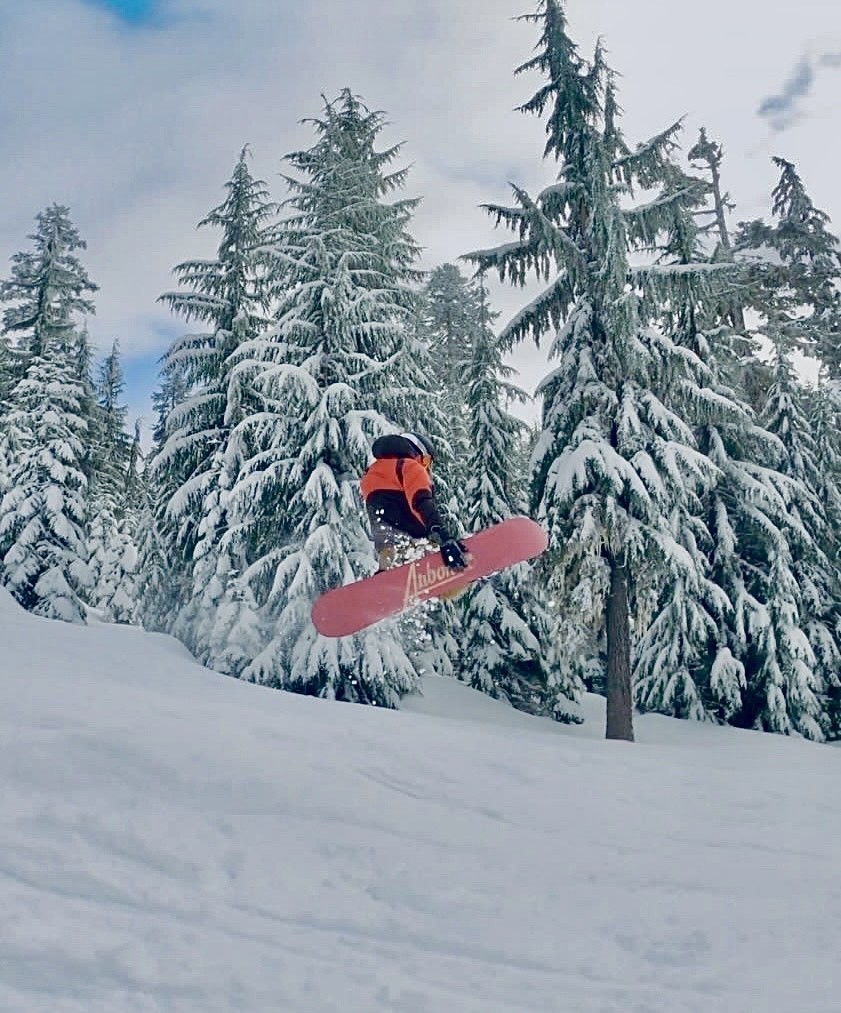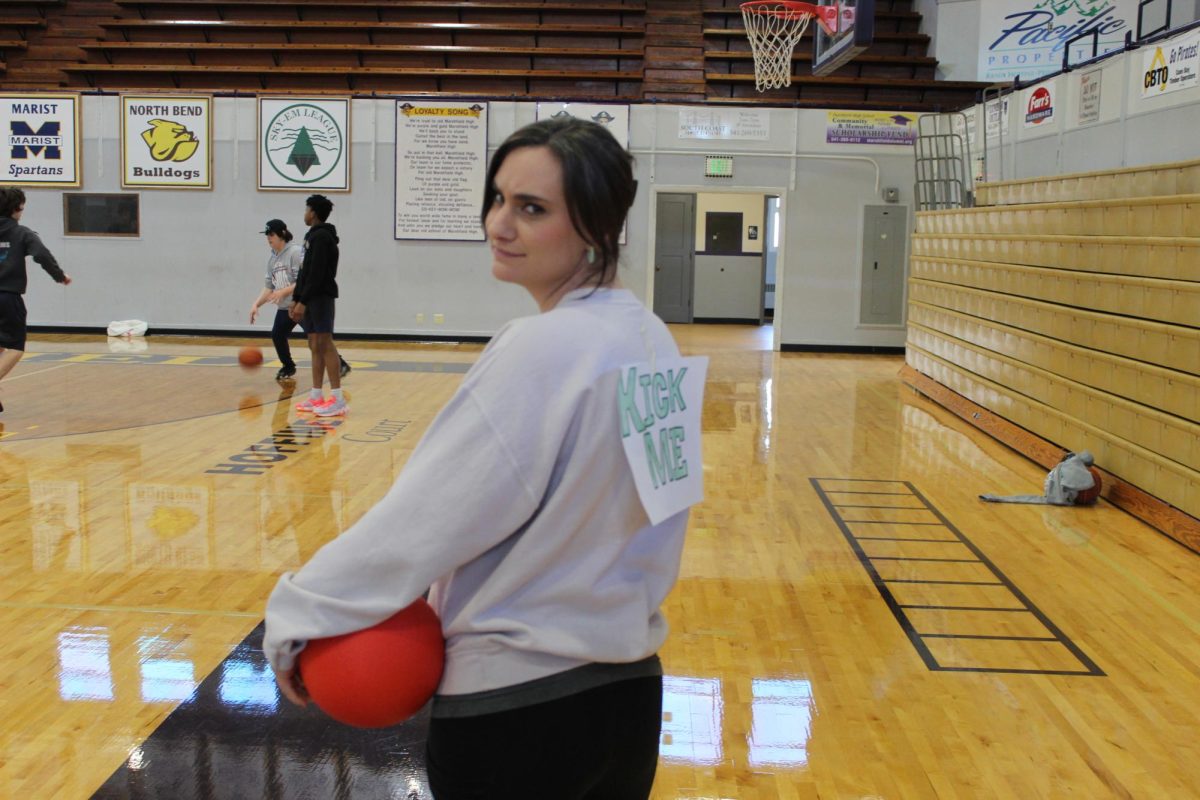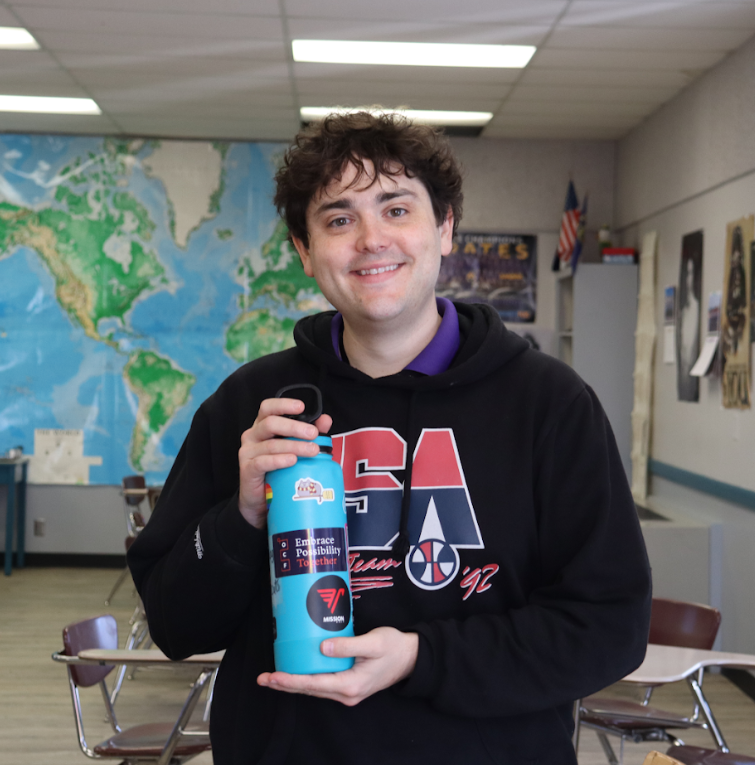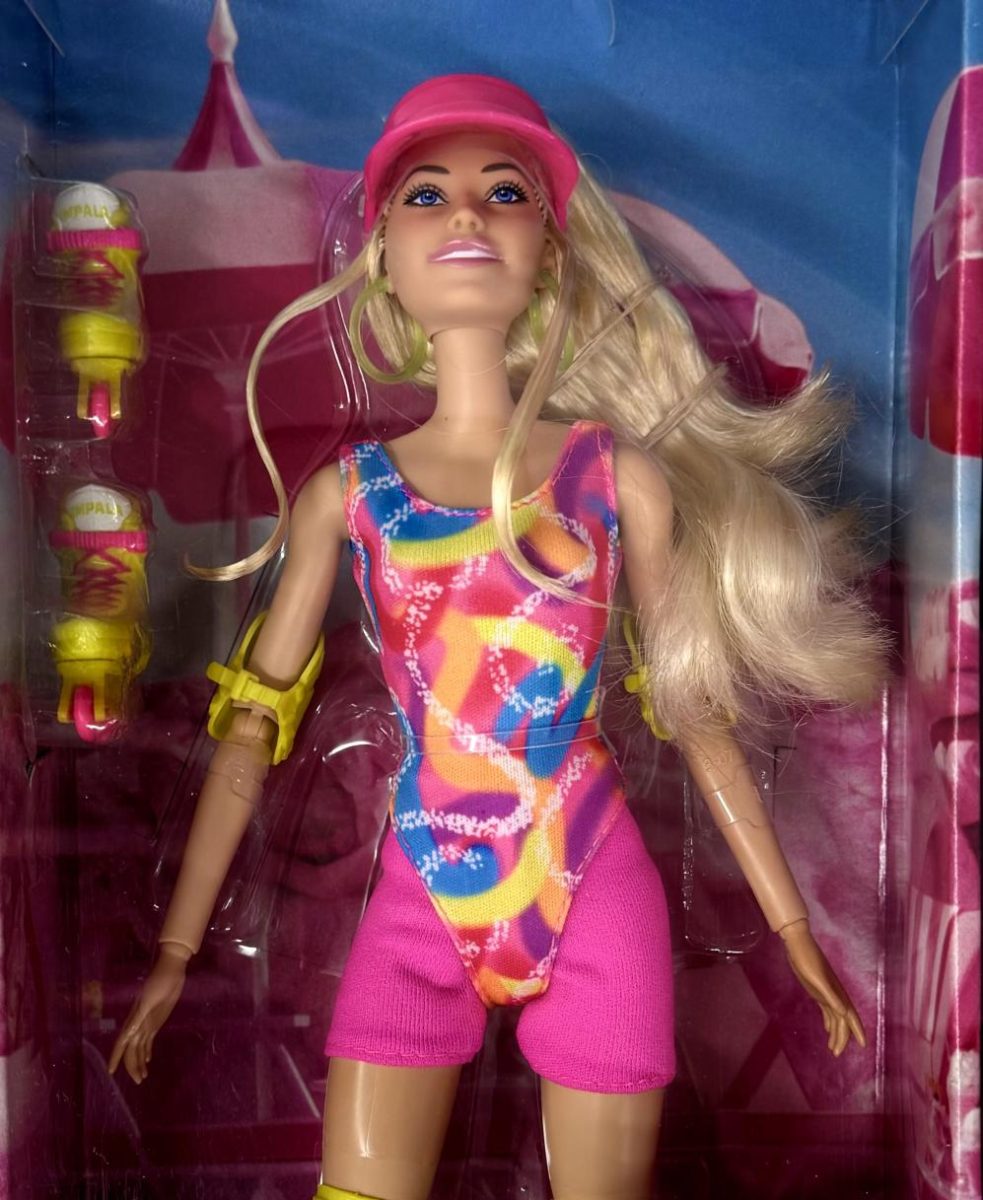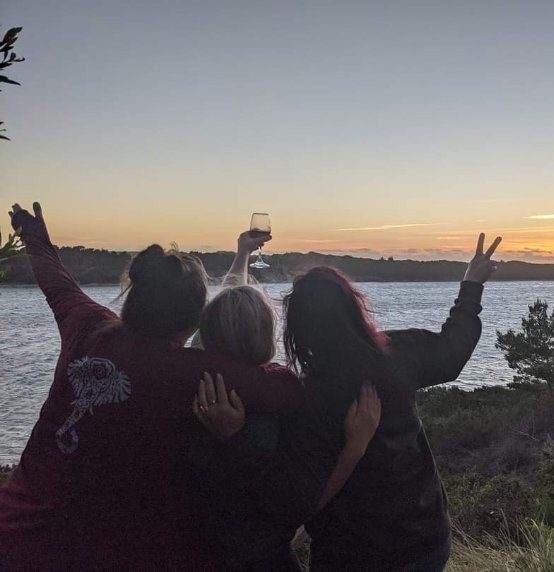Commercial crabbing is a maritime tradition that comes to life as the chilly December days approach. From the vicious waves to the calm shores, commercial crabbing is not just an industry, it is a way of life. However, crabbing requires more than just skill, it involves the dangers that come with it as well.
The actual process of crabbing involves fishermen leaving at high tide, finding a place to set their pots, and spreading them a certain length apart. The pots and traps are baited with fish or other bait to lure the crab. Once all pots are set, the fishermen usually take a break and eat or sleep while they are letting the pots soak. They then return to the first pot to see if they caught anything. After this process is repeated multiple times, the fishermen head back to port to unload all of the crabs they have caught–so many they use a hoist to unload them from the ship.
“Landed crab go to a lot of different places,” said Alex Manderson, a food specialist at the Oregon Department of Agriculture. “Basically, there are three things that happen; they either get frozen for use/sale later, are sold live, or they are processed.”
The crabbing industry is a multi-billion dollar industry in the United States. Dungeness crab, the crabs harvested in Oregon, sell for approximately $12 per pound in today’s market.
“Live crab provide the biggest return,” Manderson said. “Live crab can be transported around the country and around the world. Many crab harvested in Oregon are shipped to markets in Asia–live. Other live crab are sold to seafood markets locally. Processed crab are crab that are no longer alive. Processing is done in a seafood processing plant and crab are cooked in boiling water and are either sold as whole-cooked crab or are cooked and then all of the cooked meat is hand picked out of the crab to be sold as crab meat.”
Charleston is home to a large commercial fishing fleet, as well as the home to the fisherman’s biggest supporter, Charleston Fishing Families. This organization offers support to fishing families, as well as to the nearby communities.
“A lot goes into Commercial Crabbing” Jackie Chambers, President of Charleston Fishing Families states. “There are a lot of unknowns in the fishing world. Whether that be what the weather will be that day, if the price will be set right, if the crab will be full, if domoic acid will be a factor…“
Domoic acid is a toxin that many different species can get in their bodies. If a human consumes crab with domoic acid, it can result in shellfish poisoning. Symptoms of this are similar to food poisoning, and not a pleasant experience.
“One thing that isn’t told, though, is a person would have to consume an insane amount of domoic acid to actually get sick,” Chambers states.
December Marks the beginning of the crabbing season but, like this year, it is often delayed due to contaminants and/or poor crab quality.
“Something a lot of people don’t know about commercial fishing is that the crew doesn’t actually get paid until they go out and catch crab, shrimp, etc.,” said Chambers. “So they essentially are working on gear for free.”
As the crabbing season ends in late summer, families have already gone without income for months; further delays push the start of the season closer to the holidays, making it even more challenging. Additionally, the lack of fresh crab in early December means people are unable to enjoy it during the holiday season.
“Another trend/complication that is becoming a bigger issue is whale entanglement,” Manderson said. “If the crab season is delayed, and more crab gear are still out in the ocean later in the season, this can impact whales migrating along the coast.”
Whales have gotten tangled up in crab ropes and floats in California mostly, but also in Oregon. New rules are being worked out to protect whales, but this will become more of a problem if the crab season overlaps when whales are moving through the same parts of the ocean where fishermen are crabbing.
This year, the commercial crabbing season was postponed from December 1 to the 16th. However, the Oregon Department of Fish and Wildlife will open parts of Oregon to commercial crabbing starting on December 13. There are approximately 424 commercial crabbing vessels that will be leaving from six different ports, stretching from Astoria to Brookings, throughout the season.









